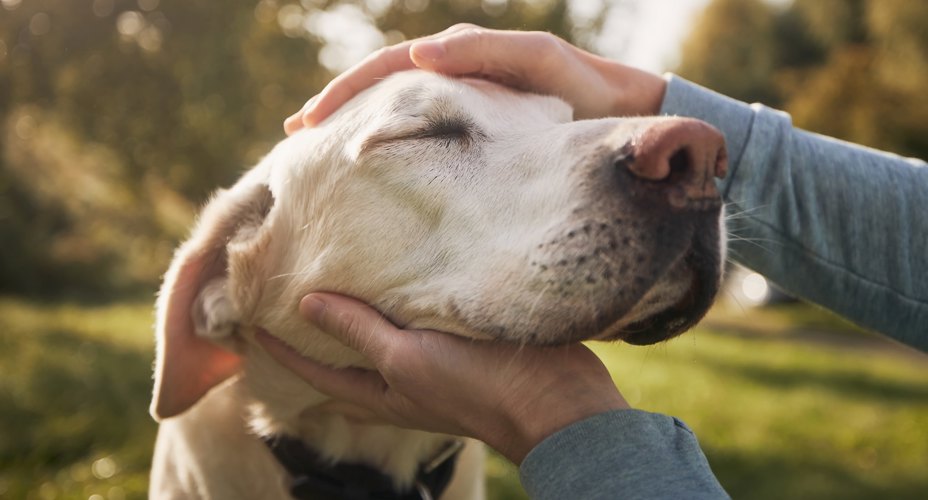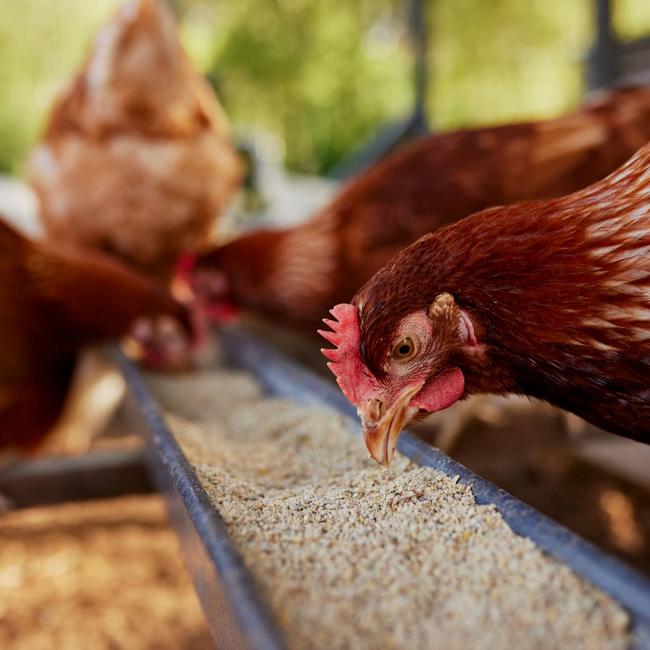Overview | Research Themes | Details | Entry Requirements | How to Apply | Staff | Contact Details |

Environment and Animal Health
Join a collaborative research community exploring the vital links between human, animal, and environmental health through interdisciplinary science and global partnerships.
Our work brings together biology, environmental science, chemistry, and engineering to address challenges aligned with the UN Sustainable Development Goals. We study aquatic and terrestrial ecosystems, focusing on the impact of abiotic (e.g. metals, plastics) and biotic (e.g. invasive species, parasites) stressors.
Applying for a Research Degree
UWS research strengths include:
- Environmental health and toxicology
- Animal welfare in aquaculture and trade
- Eco-taxonomy and biodiversity
- Climate change and waste management
- Antimicrobial resistance and policy
Through networks like SAGES, MASTS, and SULSA, we collaborate across academia and industry to drive innovation in sustainability and conservation. Our research informs policy, supports resilient ecosystems, and promotes global health.
Current Research Themes & Areas of Expertise
We welcome applications from anyone whose research ambitions link, however broadly, with our research expertise, and members of the team are happy to discuss the possibility of developing studentship and funding applications.
Current research expertise includes looking at different environments (i.e. atmospheric, terrestrial and aquatic) and accompanying ecosystems, to evaluate the impact of pollution, climate, climate change and extreme weather events on environment, animal and human health.
Current research projects supported by our staff includes:
- Aquaculture – fish health and welfare, disease mitigation
- Ecology and pollution – contaminated land, environmental stressors in aquatic systems, emergence of antimicrobial resistance, invasive species
- Land, waste, air – pollutant transport, regulation and mitigation
- Industry and business – environmental sustainability, industrial ecology, resource efficiency
United Nations' Sustainable Development Goals (SDGs)
Our research activities in environment and animal health directly map to the following UN SDGs
Research exploring the connection between human, environment, and animal health, tackling global challenges through interdisciplinary collaboration.
- SDG 1 – No Poverty
- SDG 2 – Zero Hunger
- SDG 3 – Good Health and Well-being
- SDG 6 – Clean Water and Sanitation
- SDG 7 – Affordable and Clean Energy
- SDG 13 – Climate Action
- SDG 14 – Life Below Water
- SDG 15 – Life on Land
- SDG 17 – Partnerships for the Goals
Managing waste and toxin emission to air, water and land in urban and rural systems and both terrestrial and aquatic environments.
- SDG 2 – Zero Hunger
- SDG 3 – Good Health and Well-being
- SDG 6 – Clean Water and Sanitation
- SDG 14 – Life Below Water
- SDG 15 – Life on Land
Developing more sustainable innovative industrial processes and resilient economic growth.
- SDG 9 – Industry, Innovation and Infrastructure
- SDG 11 – Sustainable Cities and Communities
- SDG 12 – Responsible Consumption and Production
Supporting effective partnerships to address policy and institutional buy in, sharing best practice globally.
- SDG 13 – Climate Action
- SDG 17 – Partnerships for the Goals
In the Times Higher Education Impact Rankings 2024, UWS was officially recognised in the top 400 universities worldwide as assessed against the United Nations’ Sustainable Development Goals (SDGs). UWS was recognised as the 2nd most impactful university in Scotland, and 16th globally, for 'reducing inequalities' (UN SDG 10).
Entry Requirements
MRes / MPhil / MPhil-PhD
The minimum requirements for an applicant for registration for the degree of MRes or MPhil or for the degree of MRes/MPhil with the intention of transfer to PhD shall be a first or second class honours degree of a university in the United Kingdom, or of an equivalent qualification.
Applicants holding qualifications other than those specified in (above) shall be considered on their merits and in relation to the nature and scope of the programme of work proposed.
PhD - direct application
Direct registration for the degree of PhD may also be approved, at the discretion of the University if the applicant holds an MRes/MPhil degree of a United Kingdom University, or an MRes/MPhil degree of equivalent standard of a non-UK University, provided that the MRes/MPhil degree is in a subject area which is appropriate to the proposed programme of work.
Exceptionally, direct registration for the degree of PhD may also be approved, at the discretion of the University, even if the applicant is not the holder of an MRes/MPhil degree, but does hold an exceptionally high-quality honours degree or taught master’s degree (or equivalent) in an appropriate discipline, AND has appropriate research experience at postgraduate level which has resulted in significant peer-reviewed publications, and where verifiable evidence of accomplishment is supplied.
English Language Requirements
For applicants whose first language is not English, the University sets a minimum English Language proficiency level. The qualifications below must have been gained within two years of the start of your course.
General English language requirements at UWS: International English Language Testing System (IELTS) Academic module (not General Training)
For our research degrees (MRes, MPhil, PhD, DBA, DProf), applicants are required to have an IELTS score as follows:
- Overall score of 6.5
- No sub-test less than 6.0
ENGLISH LANGUAGE REQUIREMENTS

ENVIRONMENT AND ANIMAL HEALTH – PHD
Qualification: Doctor of Philosophy degree
School: School of Health and Life Sciences
Campus(es): Ayr, Dumfries, Lanarkshire and Dumfries
Start date: October, February, April, or June
Admissions Deadline: September, January, March, or May
Duration: Minimum of 36 months full-time or 72 months part-time
Fees: Tuition Fees for Research Degrees
HOW TO APPLY
Applying for postgraduate research study at UWS has never been simpler. Click the link below to find more information about:
- Postgraduate Research step-by-step guide – everything you need to know to submit a successful application
- Link to our online application system
Research Staff
Dr Kiri Rodgers
Specialises in environmental biogeochemistry with a focus on monitoring transmission of anthropogenic pollutants in different environments and climates. This includes interdisciplinary work bridging the gap of pollution on the spread of pathogenic species and antimicrobial resistance.
Dr Beric Gilbert
Zoologist specialising in aquatic parasitology, ecology and ecotoxicology. Research focuses on understanding the ability of parasites to survive exposure to elevated concentrations of pollutants, pollutant accumulation and toxicity, and the effects that such conditions have on the cellular and molecular biology of parasites.
Dr Mhari Alexander
Specialises in aquatic ecology with a particular interest in understanding and predicting impacts of invasive species, predator-prey dynamics under changing environments, and multiple environmental stressors and how they affect biotic interactions.
Dr James Turner
A wildlife biologist who specialises in exploring the physiological, ecological, and behavioural responses of small mammals to environmental constraints. This includes looking at the impact of heatwaves, thermoregulatory flexibility and temporal organisation of phenotypic expression.
Dr Phillip Cowie
A marine biologist who specialises in microplastics research, reporting on marine environmental impact studies, marine monitoring instrumentation, terrestrial, freshwater and marine conservation, benthic survey design and biofouling research.
Dr Richard Thacker
An entomologist who specialises in pesticide application, pesticide formulations, pesticide side-effects, environmentally friendly agrochemicals, entomology and pest management.
CONTACT DETAILS
Please direct general enquiries to healthandlifesciences@uws.ac.uk
